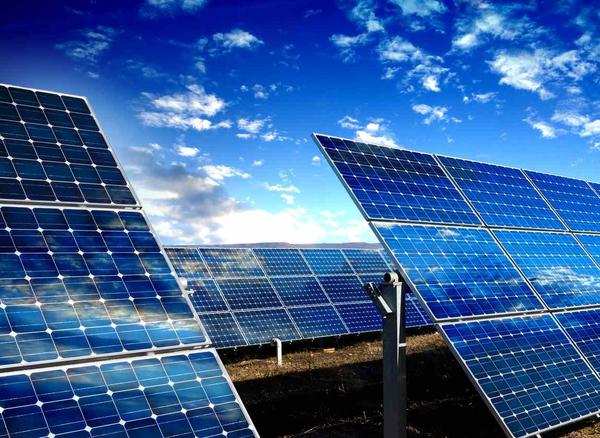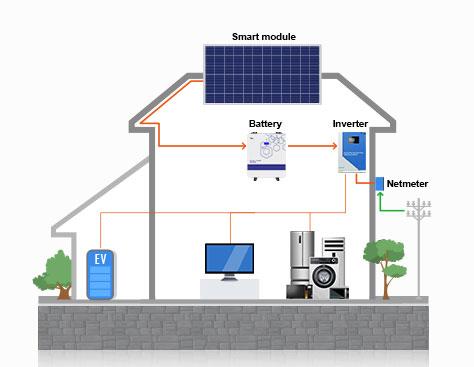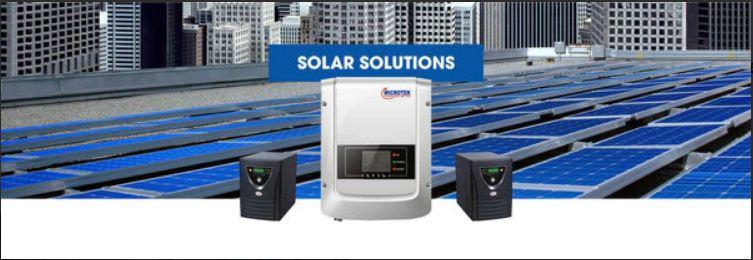Description
Product details
Commercial solar systems are similar to residential solar systems but are designed to meet the energy needs of commercial and industrial establishments. These systems are typically larger in scale and can involve more complex considerations. Here are key components and considerations for commercial solar systems: Solar Panels: Like residential systems, commercial solar systems use solar panels to capture sunlight and convert it into electricity. The number and size of panels depend on the energy needs of the commercial facility. Inverter System: Commercial solar systems have inverters or inverter systems to convert the DC electricity generated by solar panels into AC electricity for use in the facility. Mounting Structures: Commercial solar panels may be installed on rooftops, ground-mounted structures, or carports. The mounting structures need to be robust and designed to withstand the elements. Tracking Systems (Optional): Some commercial solar systems use tracking systems that adjust the angle of the solar panels throughout the day to maximize sunlight exposure. Transformer and Switchgear: For larger commercial installations, transformers and switchgear may be needed to connect the solar system to the facility's electrical distribution system. Battery Storage (Optional): Similar to residential systems, commercial solar installations can include battery storage solutions for storing excess energy and providing backup power during outages. Monitoring and Control Systems: Commercial solar systems often include advanced monitoring and control systems to optimize performance, detect issues, and ensure efficient operation. Grid Connection: In many cases, commercial solar systems are connected to the electric grid. Excess energy generated during peak sunlight hours can be fed back into the grid, and the facility can draw power from the grid when solar production is insufficient. Financial Analysis and Incentives: Before implementing a commercial solar system, a thorough financial analysis is conducted to assess the return on investment. Businesses may also benefit from government incentives, tax credits, or other financial support for adopting solar energy. Regulatory Compliance: Commercial solar projects need to comply with local regulations, zoning laws, and building codes. Obtaining necessary permits and approvals is an essential part of the process. Maintenance Plans: Regular maintenance is crucial for the optimal performance of commercial solar systems. Maintenance plans may include cleaning panels, inspecting components, and addressing any issues promptly. Commercial solar systems offer businesses the opportunity to reduce electricity costs, demonstrate environmental responsibility, and enhance their sustainability profile. The feasibility and design of a commercial solar system depend on factors such as the energy consumption of the facility, available space, local solar resources, and financial considerations. Consulting with solar energy professionals and engineers is common for the planning and installation of larger commercial systems. Commercial Solar Systems Manufacturer In Indore





